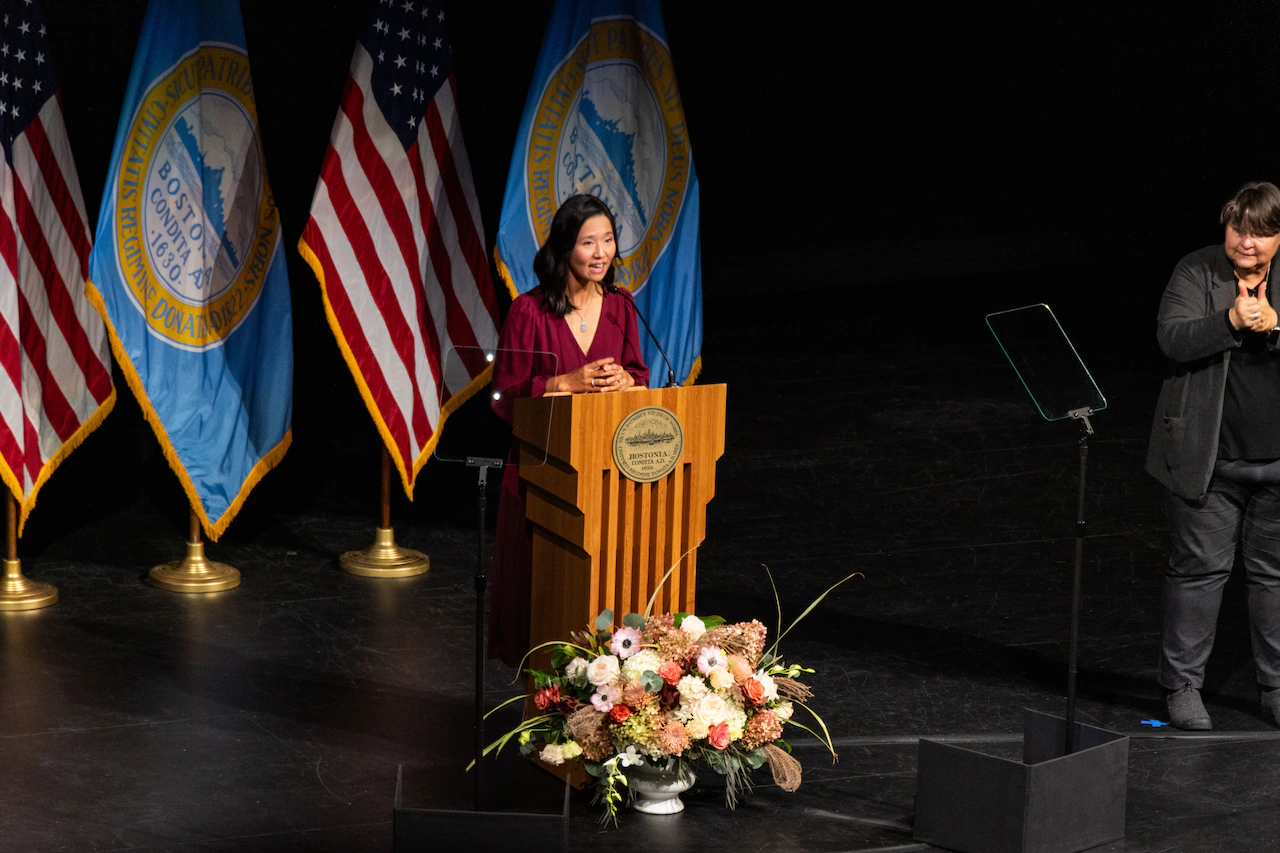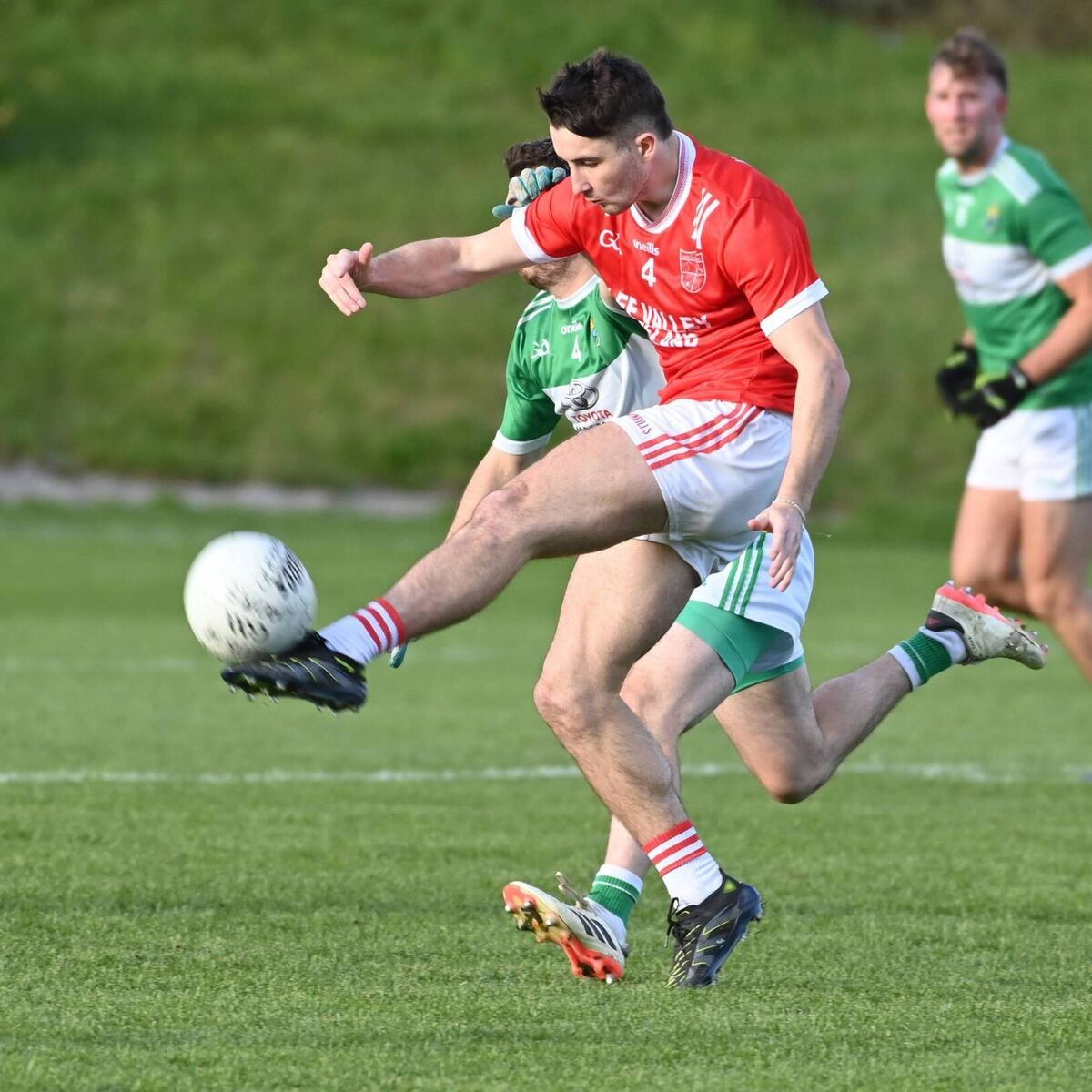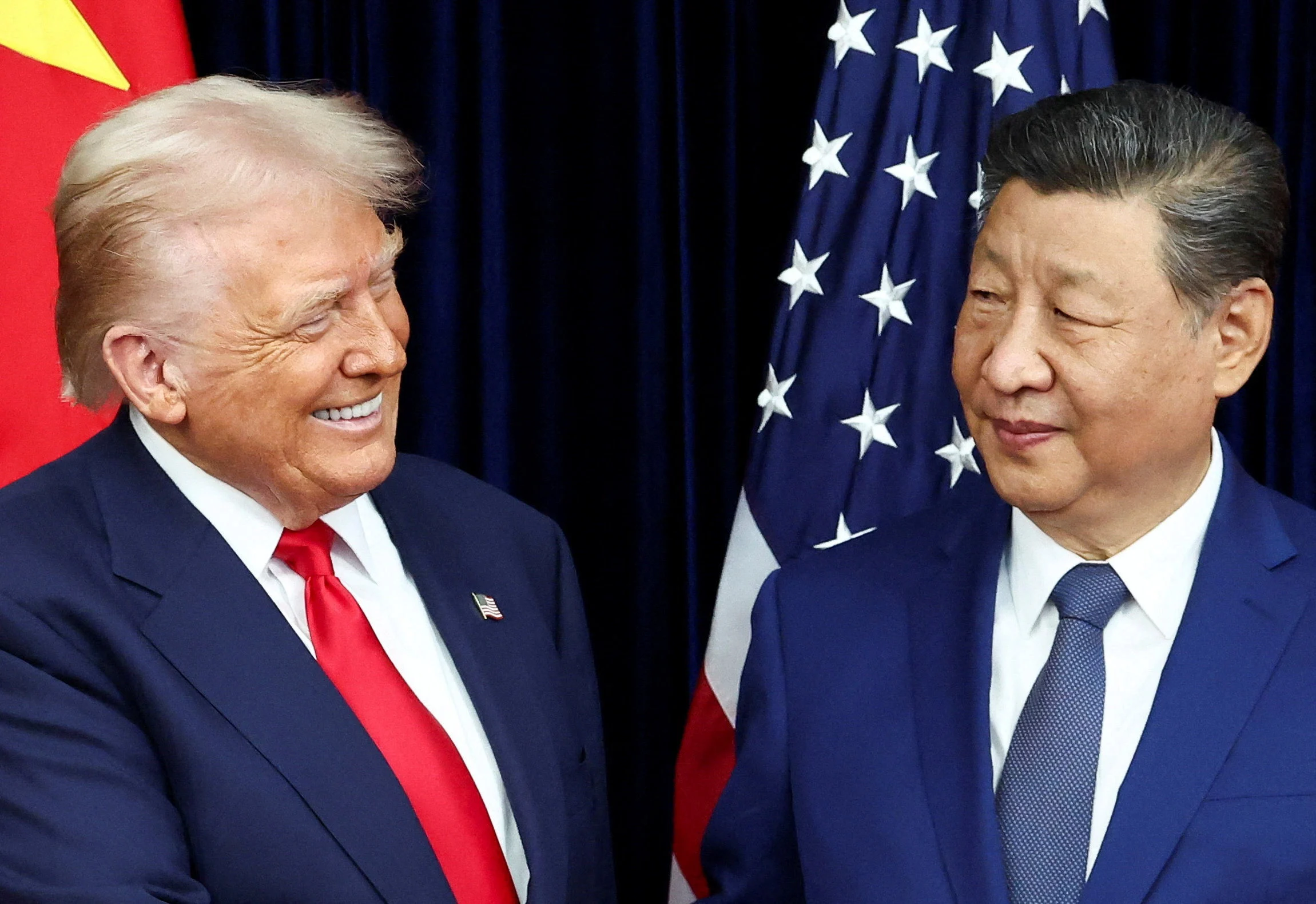Copyright MassLive

By Grant Welker Boston Mayor Michelle Wu is all but guaranteed to be elected to a second term on Tuesday. It’s safe to say that’s not what many in the city’s real estate community had hoped for. Developers and landlords disagree with the mayor on several issues, including requirements for large projects to fund affordable housing; more environmentally friendly building standards. commercial tax rates; her proposal for rent control; or her efforts to put a greater share of the property tax burden on commercial properties instead of residential ones. “That’s quite a list. Just one of those would be pretty significant and in some cases pretty concerning,” said Tamara Small, the chief executive of the industry group NAIOP Massachusetts. “When these things are pitched, we get calls from investors who can invest anywhere in the world. When they hear about these policies .... it causes some real concern in the investment community.” Wu remains popular among the broader electorate, however, with a 66% approval rating in September, according to Emerson College. She made a name for herself nationally in March when she defended Boston’s sanctuary city policies. And she’s helped inspire another big-city progressive in Zohran Mamdani, the likely next mayor of New York. Industry support for Josh Kraft Although Wu’s rival, Josh Kraft, dropped out of the race in September after he winning just 23% of the preliminary vote, he found many supporters in the real estate community. Leaders at Consigli Construction, Cushman & Wakefield, JLL, City Realty, McCourt Construction, Delaware North and others gave the maximum $1,000 to Kraft this year. So did luxury home brokers and a long list of CEOs, including at New Balance, Wayfair, Liberty Mutual, DraftKings and Eastern Bank. Meanwhile, Wu got the maximum $1,000 donations from executives at real estate firms Samuels & Associates, Cranshaw Construction and National Development, among others. The Business Journal reached out to a wide range of those donors for comment. Few wanted to talk on the record about their reasons. Kraft was a newcomer as a politician, but his name and family connections carried some sway. It’s not every first-time candidate as Boston mayor, after all, who gets a donation from Shari Redstone, a Massachusetts native who was chairwoman of media giant Paramount until stepping down this year after the company sold to Skydance Media. Dave Madan, executive director of the Builder Coalition, which supports those in real estate from underrepresented backgrounds, commended Wu’s work to create the Welcome Home Boston. That initiative, which began in 2023 with a dozen Dorchester properties, uses $58 million in federal pandemic aid to help build affordable homes. A second phase added twice as many more in the neighborhood, and more are to come. “Welcome Home Boston is bold, it’s practical, it supports emerging developers to build affordable housing on city-owned land, and it expands home ownership opportunities,” Madan said. Contacted for this story, Wu’s office touted a series of efforts in her first term, including building more affordable housing, streamlined permitting and first-time homebuyer programs. “As the pressure on families continues to rise from harmful federal policies, our administration will continue to build on our progress to make Boston a home for everyone,” a mayor’s office spokesperson said in a statement. “We will continue working with all of our partners to ensure that Boston is not only the safest major city in the country, but the best place to raise a family, run a business, and make a difference.” Broad range of factors Wu isn’t the first Boston mayor to have policies or practices that are unpopular with the business community. Thomas Menino, a mentor of Wu’s, was known for having favorites among developers. Menino’s successor, Marty Walsh, significantly increased the city’s so-called linkage fees — requiring commercial developers to pay into a fund for affordable housing — in early 2021, just a week before resigning to become the federal labor secretary. And not all the causes for a slowdown in construction can be tied to Wu’s policies. None of her predecessors had to navigate a federal government battle against universities or drastic cuts in NIH research funding. She also wasn’t responsible for the on-spec construction of millions of square feet of lab space that now stands unfilled, nor tariffs that have rattled every industry. Edward Glaeser, a Harvard economist who had Wu as a student in one of his economics classes, said the mayor has a strong understandings of economic issues. She can be pragmatic, he said, and she has her own experience with entrepreneurship while briefly running a cafe in her native Chicago. Glaeser said the recent slowdown in Boston’s economic growth is due to a range of external factors beyond Wu’s control. That includes drastic cuts in federally funded research, including to Harvard Medical School, Massachusetts General Hospital and others. Boston-area colleges are also facing the wrath of a Trump administration determined to force them to change the way they teach or hire. And of course the pandemic itself. “It’s unfair to blame any particular leader,” Glaeser said. ”It’s been a six-year process, not just in Boston, but across the region, of being able to build.” A decline in new housing construction Far less housing is being permitted this year than even in Wu’s first term. The city approved more than 3,300 housing units in the first eight months of 2022 but fewer than 1,700 over the same period this year. Housing starts are down not only in Boston, but across Massachusetts. Successive governors have tried to spur more home construction, but have run into the longtime challenges of high land and labor costs and NIMBY attitudes. Wu has taken steps to spur more housing, including a new zoning plan for downtown that’s aimed at bringing more places to live and retail uses. Incentives are available for office-to-residential conversions. Wu also increased the new-project fees to help pay for affordable housing above what Walsh had put in place just two years before, wanting to create more places for families to live. And though housing permitting is down, the mayor’s office says the number of affordable housing units built or in construction in the first three and a half years of Wu’s term is more than during any other comparable period in the last 25 years. However, Boston has given up its spot as the center of new growth in the region. The industry website RentCafe reported in September that Everett had approved more apartments this year than Boston. “More and more developers are simply not able to make it work in Boston,” said Small, the NAIOP chief executive.



